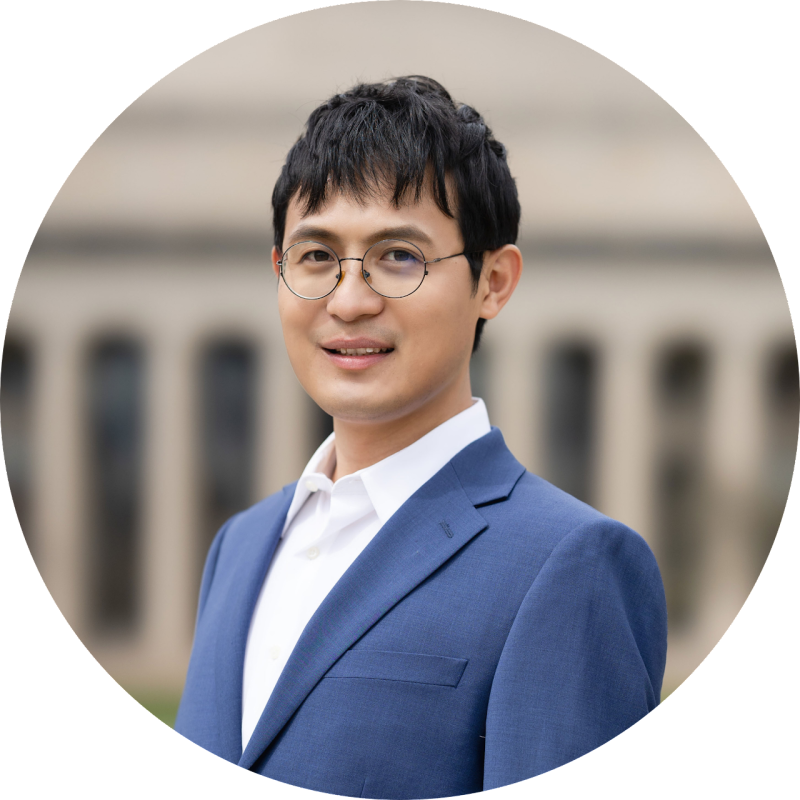Optofluidics is the study of the synergies between optics and fluid mechanics and how these synergies can be used to drive technological innovation. The microscopic precision in the simultaneous delivery of light and fluids by Optofluidics offers great potential for global health and sustainability applications. The first part of my talk explores light-activated paper-based optofluidic sensors for global health applications, such as an optical reader-based multiplexed biosensor system for differential diagnosis of malaria and typhoid infections, and a fluorescence reader-based multiplexed biosensor system for differentiating bacterial and viral infections at the point-of-care. In the second part of my talk, our efforts to show how optimizing the interactions between light, catalyst, and flow can be used to enhance the efficiency of photothermal CO2 conversion reactors will also be discussed, along with how the reactor technology was upscaled through the $20M Carbon XPrize competition. I will also introduce my work on standardization, accreditation, and benchmarking of photothermal CO2 conversion, as well as my vision for the integration of carbon capture and utilization, with a focus on distributed direct air capture (DAC) systems.

Dr. Xiangkun (Elvis) Cao is a lifelong Senior Schmidt Science Fellow (SSF) selected by Schmidt Futures in partnership with the Rhodes Trust. He is also an Activate Fellow leading a startup company on direct air capture of CO2 integrated with downstream utilization. During his SSF placement at MIT, Elvis pivoted from mechanical engineering to chemical engineering to focus on the integration of upstream carbon capture and its downstream utilization. He completed his Ph.D. in Mechanical Engineering at Cornell, during which he landed on Forbes 30 Under 30 in Energy for his work on a solar-powered optofluidic reactor for CO2 conversion to tackle climate change at scale. Elvis received his Ph.D. and M.S. degrees in Mechanical Engineering both from Cornell (2021, 2019), M.Eng. (thesis) in Materials Engineering from McGill (2016), and a dual Bachelor’s degree (B.Eng. in Energy & Power Engineering, B.A. in English Literature) from Xi’an Jiaotong University (2013).

